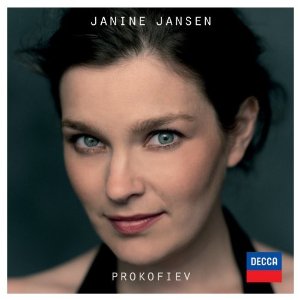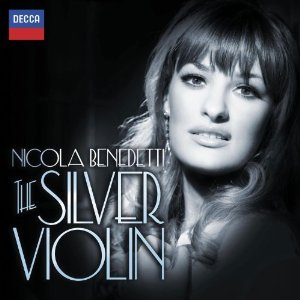



Benjamin Britten would have been 99 on the day of this concert. He died aged 62, nearly six months after the premiere of a masterpiece, the 15-minute "dramatic cantata" Phaedra, ruthlessly sifting key speeches from Robert Lowell’s translation of Racine. The compression of inspired, marble-hewn ideas, the like of which few contemporary composers come anywhere near in operas of two hours’ length or more, places Phaedra on a pedestal.

Mozart and Wagner were the opposite compass points of Richard Strauss’s classical-romantic adventuring, and Amadeus has often made an airy companion to the rangy orchestral tone poems in the concert hall. By choosing Haydn instead as the clean limbed first-halfer in two London Philharmonic programmes, Yannick Nézet-Séguin came armed with period instrument experience of the master’s symphonies in his dazzling debut concert with the Orchestra of the Age of Enlightenment.

Why is music? A child’s question, a great question. One answered by Evgeny Kissin’s piano recital at London’s Barbican Centre last night, where you might want to engage analysis and come up later with answers but what happened was that you left the concert hall feeling more alive, emotions retooled, spirit lightened, range widened. Music is because. Why else would Beethoven compose 32 piano sonatas? What possible purpose of Haydn to write 62 of them? Because.

It’s something of a fashion at the moment for countertenors to break out of the baroque, to have a bit of a fling with classical and even romantic repertoire. David Daniels has experimented with Berlioz, Philippe Jaroussky has flirted as only a Frenchman can with the mélodies of Massenet and Hahn, and now Andreas Scholl is embracing his native lieder.

Speaking about the Requiem he composed in 1990 in memory of the London Sinfonietta’s long-time artistic director Michael Vyner, Hans Werner Henze always talked as a believing atheist. “Paradise is here or ought to be,” he insisted, “not later, when nothing else happens;” and “In this world there is no hereafter, only presence: you can meet angels and devils in the street at any time.”



Benjamin Grosvenor made his Southbank recital debut last night in a sold-out Queen Elizabeth Hall in another milestone in his unstoppable evolution from wunderkind to fully-fledged concert star. It has been a good year for the 20-year-old pianist, during which he added a Classic Brit and two Gramophone awards to a Critics’ Circle accolade, Decca recording contract and tenure on the Radio 3 New Generation Artists scheme.
Some symphonies are natural curtain-raisers: Sibelius’ Third is one. Music began with rhythm and in this piece the cellos are the distant drummers who bring us back to basics with their curt opening measures. Osmo Vänskä clipped the rhythms are kept them on a tight rein - because he knows how this piece goes, how Sibelius’ search for new found economy and textural leanness lends the music an uneasy tension.

